Interview: Marta Manzoni
Photos: Ale D’Emilia & Michael Colella
Brands: The North Face, La Sportiva, Gore-Tex, Camp
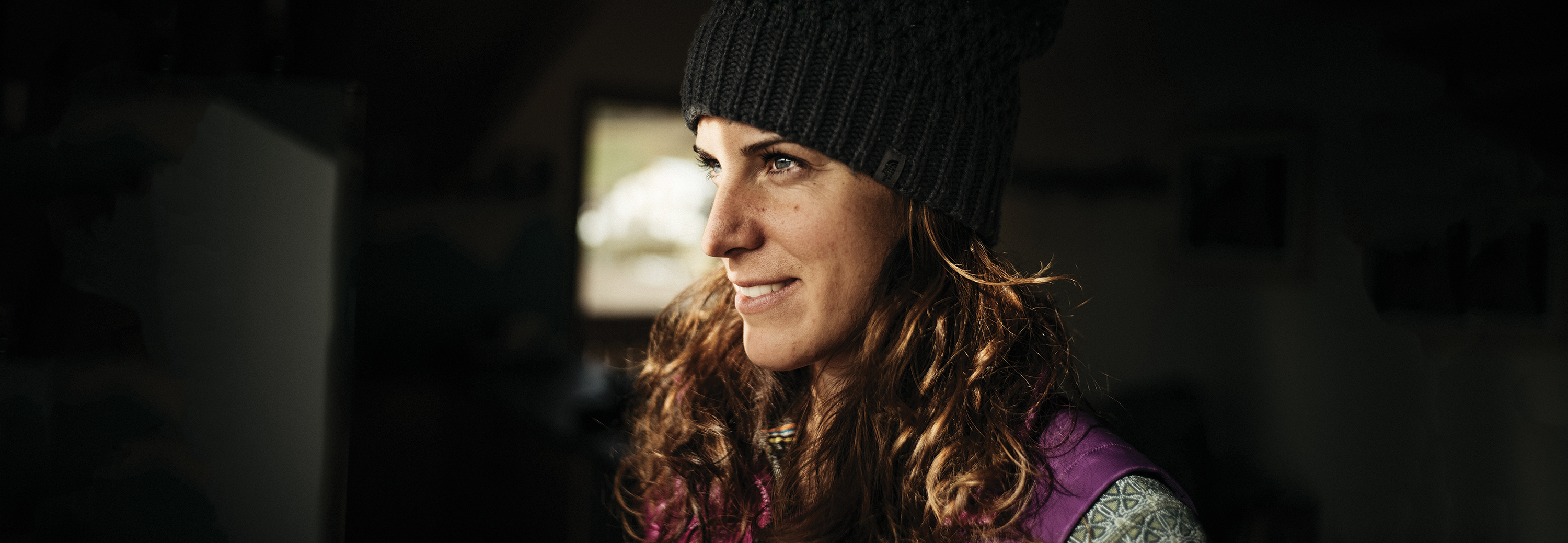
Interview: Marta Manzoni
Photos: Ale D’Emilia & Michael Colella
Brands: The North Face, La Sportiva, Gore-Tex, Camp
When she was a child she immediately understood that growing up she would become a sportswoman. She just didn’t know in what discipline, but Tamara Lunger immediately realized two things: she fell in love with the mountains and she knows how to suffer. Her first ski tour was at 14 and for the first time she thought about climbing to the top of an eight thousander: she would succeed at 23, ten years ago, becoming the youngest woman in history on the summit of Lhotse. She also won a lot: in 2006 she was the Italian Ski Mountaineering Champion, in 2007 and 2008 she won the Pierra Menta, and always in 2008 the title of World Long Distance Champion. In 2014 she reached the summit of K2, becoming the second Italian woman in the history of mountaineering.
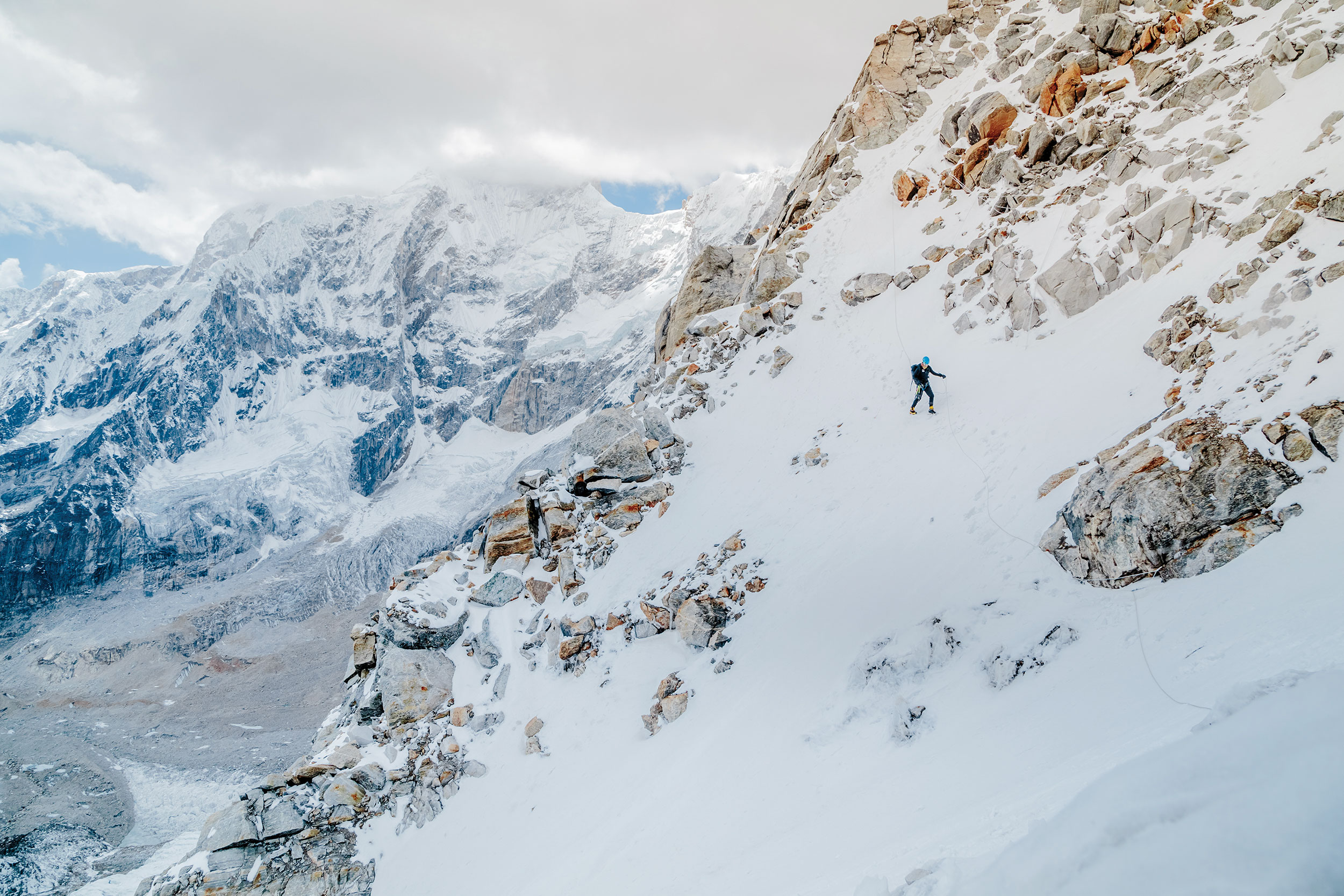
Yours is a radical life choice, what pushes you in that direction?
I love the struggle. I have always chosen the most difficult road, even as a child. I never liked the simple one. I always looked for the struggle to prove to myself that I could to do it. This is also the case with the eight thousanders: for me they are the most difficult challenges ever because it is necessary not only to be physically prepared, but also to have an excellent team and the appropriate gears, a climbing partner you get along with, and be lucky enough with the weather. There are so many different factors that allow you to reach the top. When I competed it seemed a little easier, there were not so many decisive elements. I also noticed that I missed the mountain: the competitions were just a gun shot, then you had to run as fast as you could and I rarely had time to look around. When I made my first expedition I understood what I wanted.
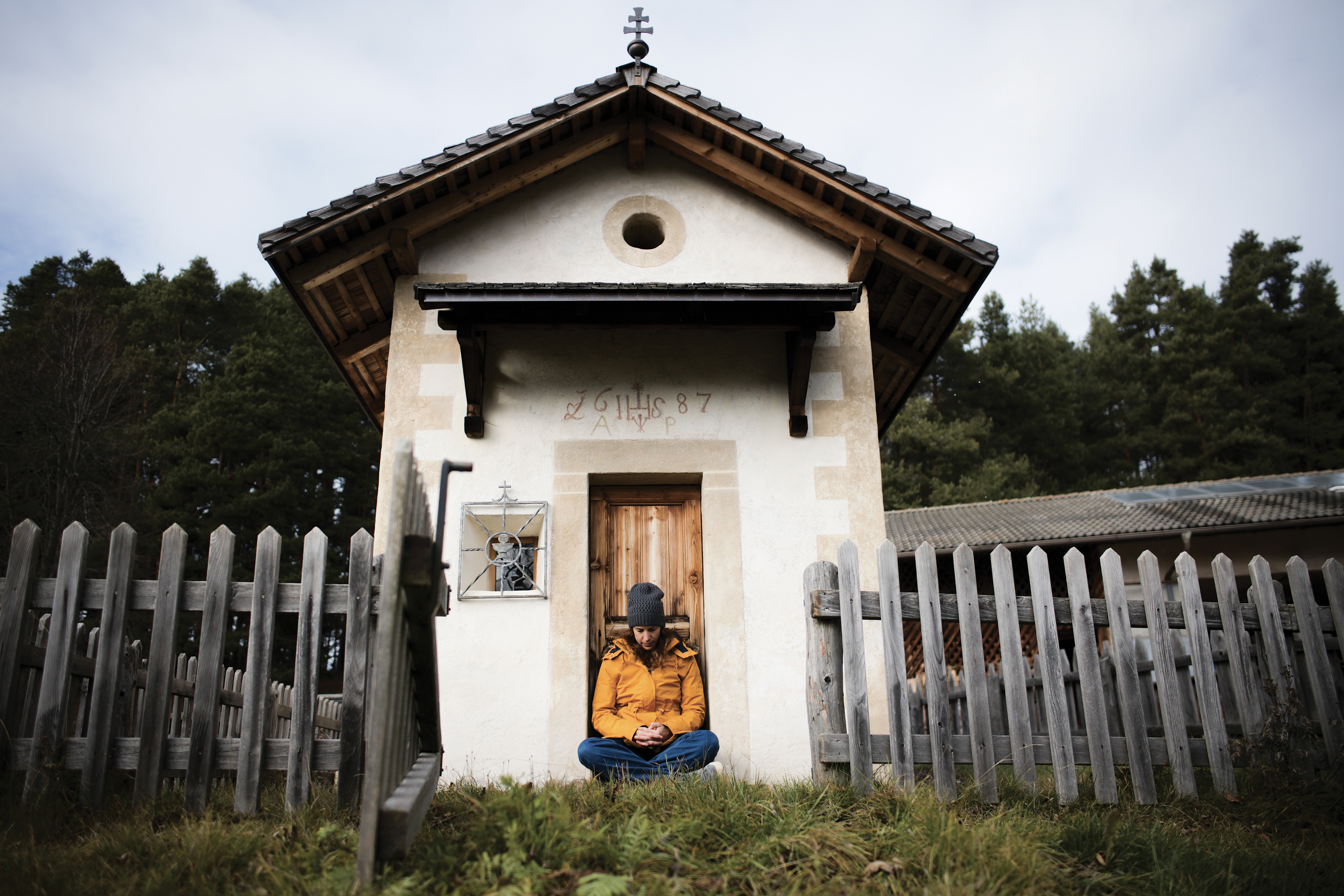
What is your relationship with the mountains?
It is a very string bond. I look for a soul in every mountain and when I find it I immediately feel happy, or scared, or with butterflies in my stomach. It is a very special thing, similar to when you fall in love. I always try to hear what the mountain is saying to me, if it’s the right time to go up or if it’s better to stop. The mountain is like a man: sometimes he is angry, sometimes he feels good, some moments he loves you, then he doesn’t want you anymore. The mountain can be the most beautiful emotion of all, but also the ugliest, like love: when it hurts you it hurts a lot, but when the weather is nice, and it’s not so cold, you feel like a queen. Some days there is fog, everything is dark and you are afraid. I am dependent on the mountain because it gives me the opportunity to be alone and investigate within myself. Sometimes I sit on a stone and look around for hours, asking myself questions and listening. I feel privileged because here, a thousand meters away, we often don’t have the chance to stop, except through meditation.
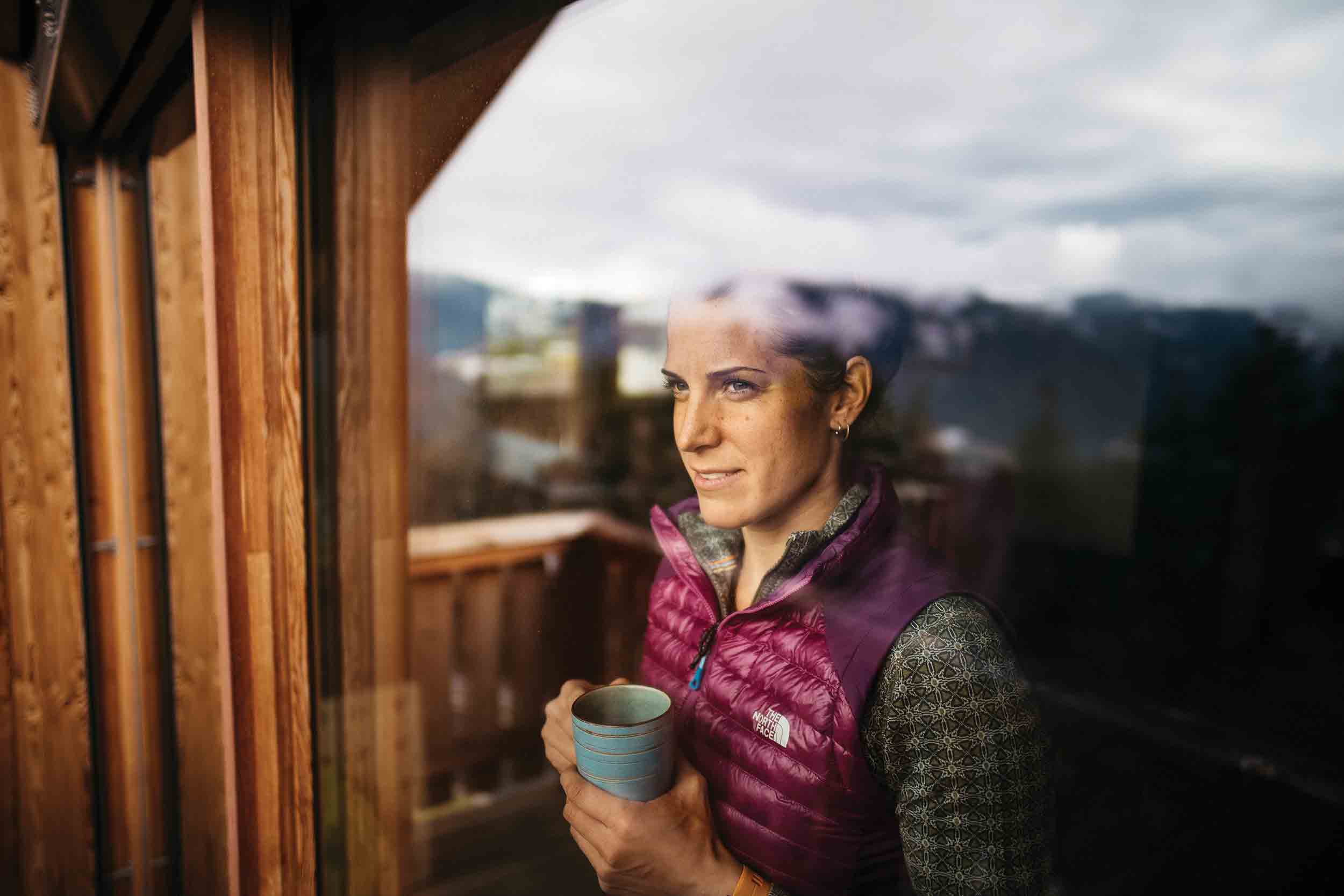
“In the high mountains every emotion is more intense, both positive and negative moments. You know that every step you take could be the last, so you have to enjoy the moment, every one of them is extraordinary, unique.”
What was your most important success?
The moment I decided to stop because I was in pain, last July. That decision required more strength than any I had ever taken in my life. I had a lot of expeditions going on and I didn’t listen to my body, I was fighting with it: “I’ll show you that my head is stronger than you!” I said because I was not in harmony with myself. I started a path of physiotherapy and punctures, my knees had been hurting for 18 years, every day, and lately my back started hurting too. At the beginning it was difficult, I had to change my diet and lifestyle, but I found a great coach, a person I’ve been looking for for many years, and together we worked with some doctors. I started to regain confidence in my body: I didn’t think I would be able to sit on the toilet again! I hadn’t done it in years, I just let myself fall and then somehow I had to get up. It was impossible to kneel in the church. I felt worse than a 90 years old lady. I wondered how I managed to climb mountains in those conditions. When there was a move I couldn’t do, I had to find another solution to overcome the obstacle. It was also a challenge with my mind, but after a while I felt a sense of relief, of happiness: I knew I was on the right path. Now I am another person and I will go to the mountains differently. I hope within the end of this year to start again full time.
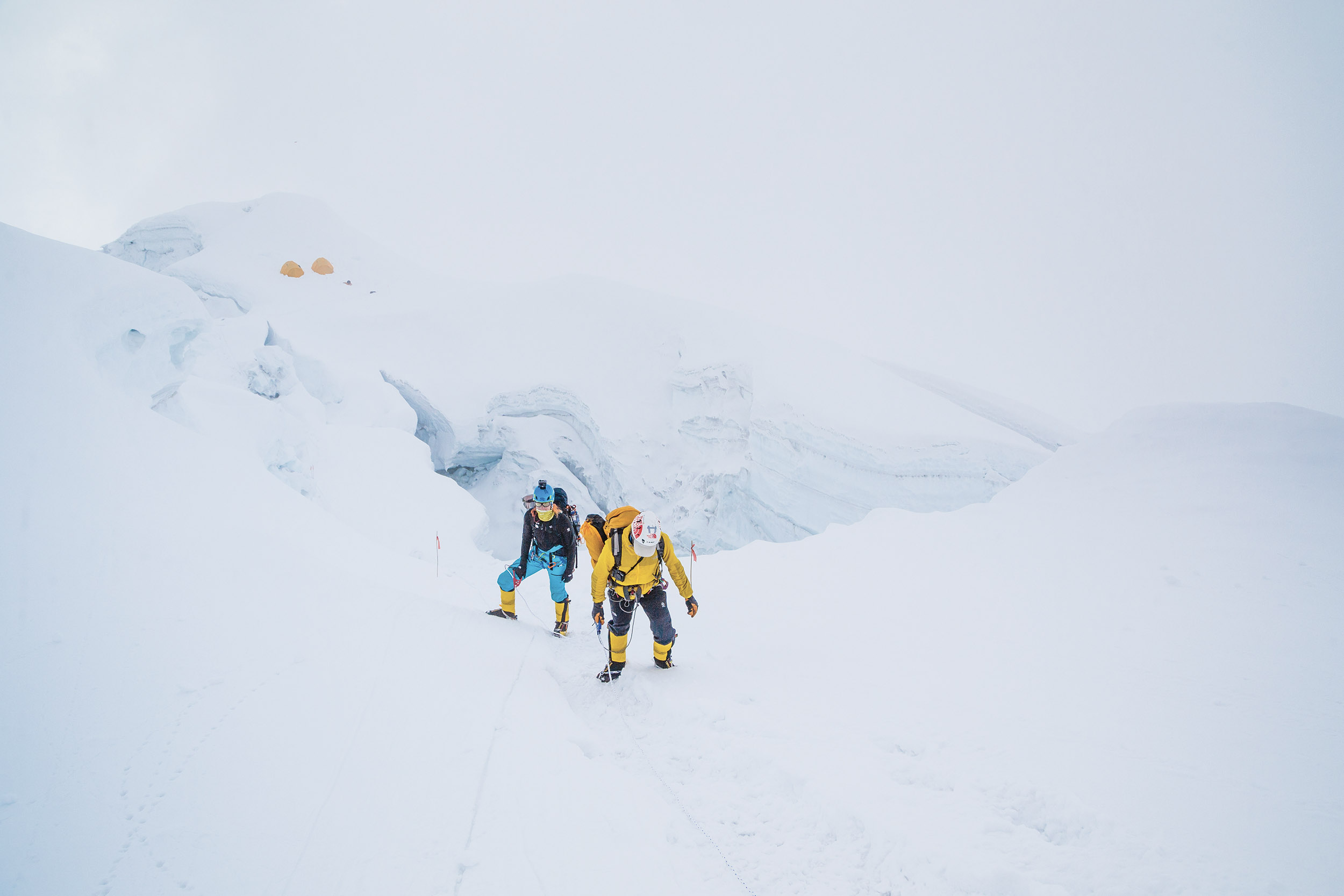
What was your most significant defeat?
Nanga, but I don’t consider it as a negative experience because it allowed me to understand a lot about myself, about how my mind works, and I think I brought home much more than a peak.
Will you try to climb the Nanga Parbat again?
No, I’m at peace with this mountain. It has already given me so many emotions and I don’t want to disturb it anymore.
What does sport mean to you?
Sport has two faces: one is the competitive spirit, and I was a part of that, the other is made by the adventures that we carry out with the soul, driven by a profound motivation. When I was competing it was only a matter of time and the difference in altitude. Now I’m different, I’m ‘Tamara, the mountain girl’. We all follow a path, first we want to break the world, then we understand that we can achieve our goals also by listening to ourselves and respecting the environment. Thanks to the experiences we had we can live a more balanced life with less pressure.
Are there any gender differences in the mountains?
Yes. Women feel more the ‘here and now’ moment, they have the ability to enjoy every step towards the top. Men focus a lot on the goal, without using the five senses altogether. Furthermore we have to suffer more than men: when we have our period and when we have to go to the bathroom is more complicated.
You are a reference point for many women… how do you live this responsibility?
I say to women that we must not feel inferior to men, we can do the same things. In many sports we are already at almost the same level, for example in sport climbing. The limit is only in our mind because women have been the inferior gender for many years, in so many cultures. Maybe we are less strong but we have other qualities and if we believe in ourselves we can break the world, we can suffer more than men, and sometimes we can be stronger than them. Passion is fundamental, the rest will come later
Why are there still few women mountaineers?
Maybe they think it is too hard for them. But if a woman really wants to achieve a goal, she will succeed.
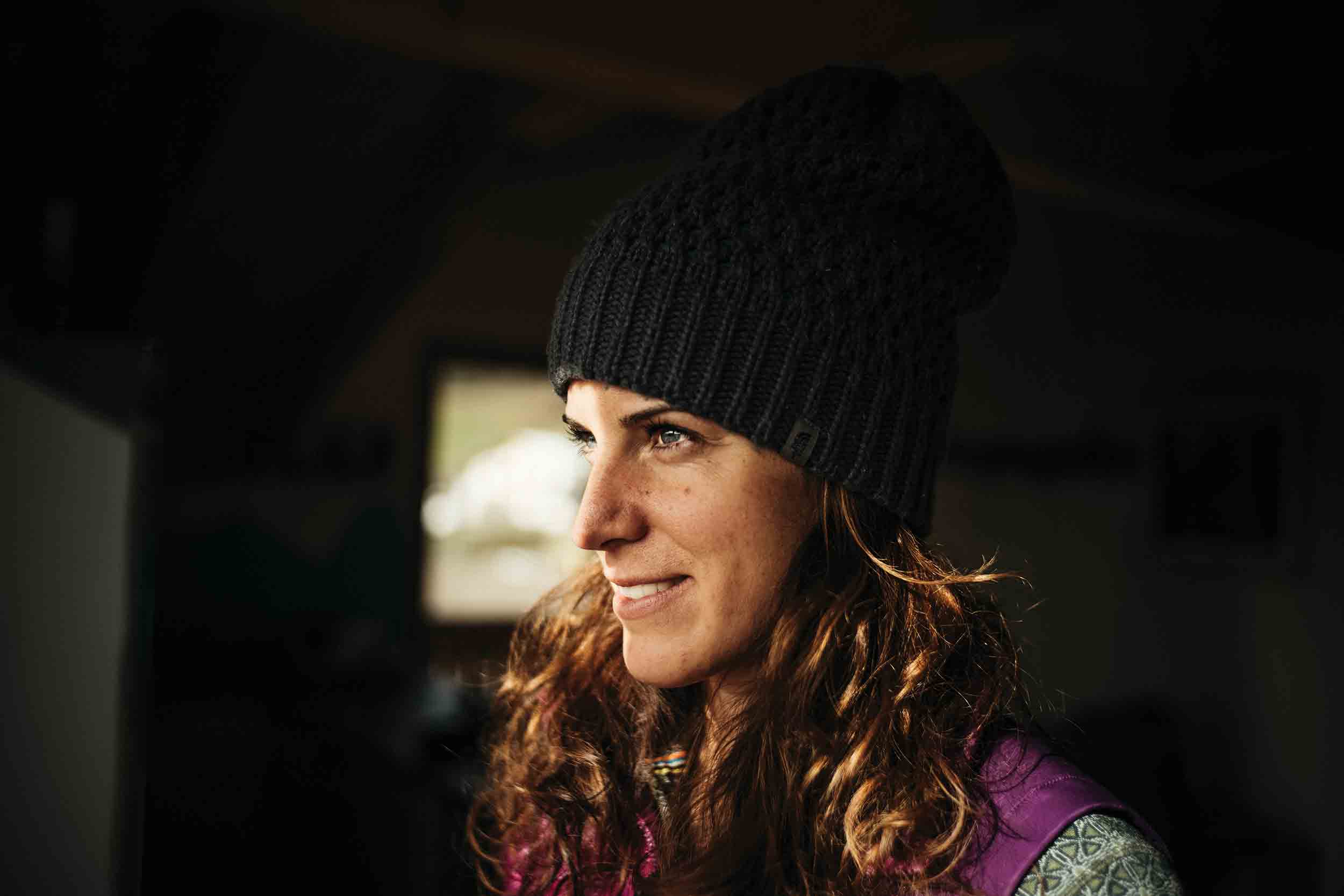
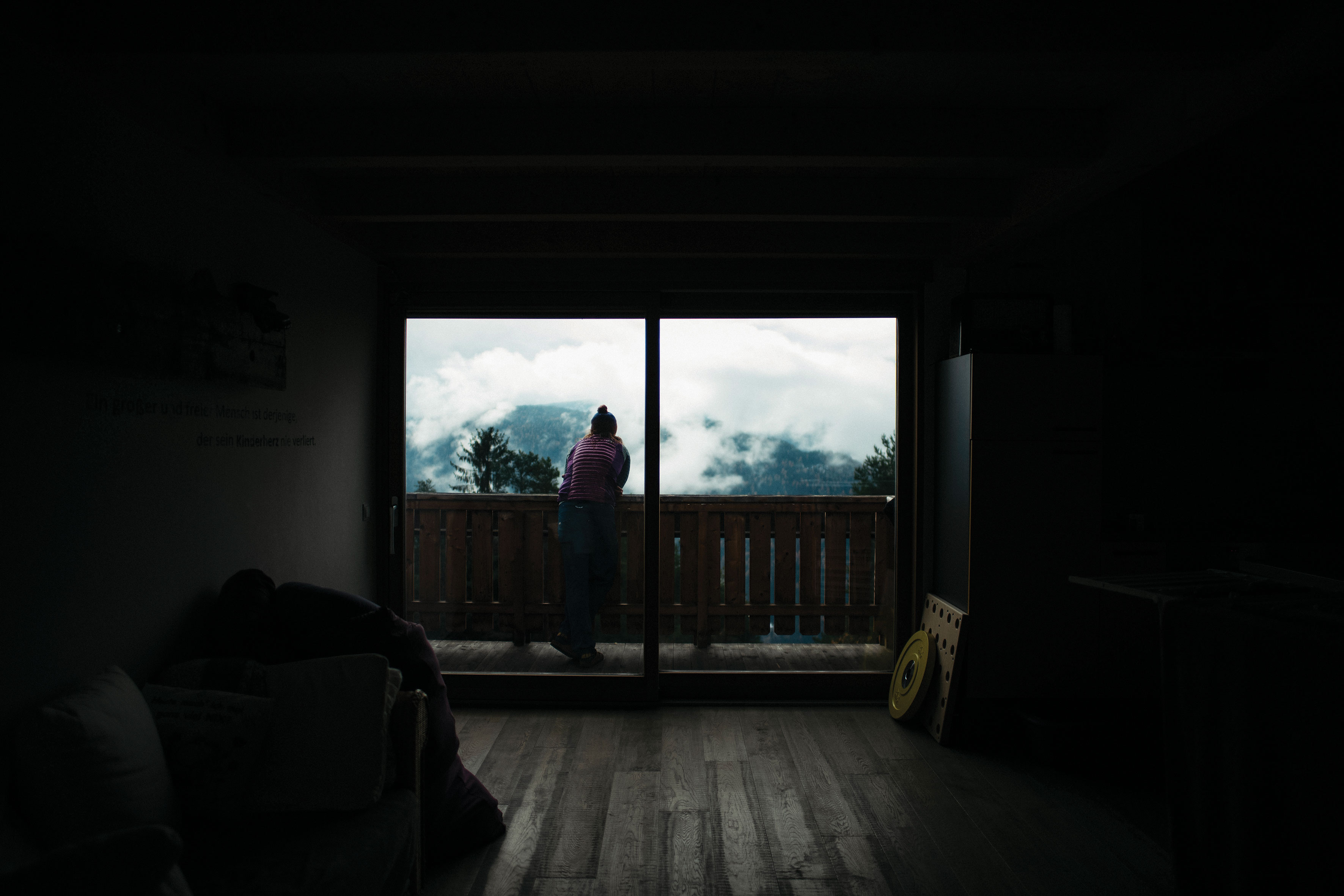
On the Pik Pobeda you had a great satisfaction …
Yes, it was a great adventure! I discovered a world I didn’t know, it was very interesting to see how people lived there. The inhabitants of those lands are very busy: they go hunting, taking water from the river, they cut wood: the system is based on survival and nature. It is a bit sad to realize that in our culture it is now all simple, accessible, we no longer have to struggle almost for nothing, we have everything within reach, to be taken immediately and easily. The Pik Pobeda was a personal satisfaction because the last peak I reached was in 2014. I wanted so much to reach the top that I had to do a lot of meditation to calm myself.
Did you have some masters you learned from? What did they teach you?
My idol was Gerlinde Kaltenbrunner: the first woman in the world to have climbed all 14 eight thousanders without the use of oxygen. She climbed her first eight thousander when she was 23, that’s why I also wanted to do my first eight thousander at the same age, and I did it. Obviously I also learned a lot from Simone, who has been a great teacher from whom I learned all I needed to know to organize an expedition and then be able to do it on my own. During my journey, however, I realized that we must not have a reference model, every person is unique, and has his own qualities. Everyone should respect each other for the person he is, without imitating anyone.
What are the characteristics of the Italian mountaineering culture?
At base camp we are always hungry and therefore have a few things to eat. Then we always have the moka with us.
Can mountaineering and private life live together?
Yes sure. But you must find a person who understands your passion and respects it. I don’t know what kind of man should be, if a mountaineer or someone that takes you to another world: always talking about mountaineering gets boring!
Is there an anecdote about the mountains that you want to share with us?
On Nanga, at camp three, we were on a huge, flat mushroom, it was like a high terrace from which you could see all the mountains around, amazing. The weather was perfect and the full, giant moon lit up the entire mountain, which was completely frozen. I admired from the tent this wonder of nature, it has been even more incredible because I was aware of being alone, and that no one would interrupt the energy that has been created. At that moment I thought: “now I can also die because I will never be happier than this”.
Next challenges?
I am now focusing on healing and being able to do activities again without feeling pain. I planned a trip to Mongolia, in September for 20 days and only with a backpack to see if my body is strong enough for an expedition in winter. If that goes well, I’m ready to leave.
Share this Feature